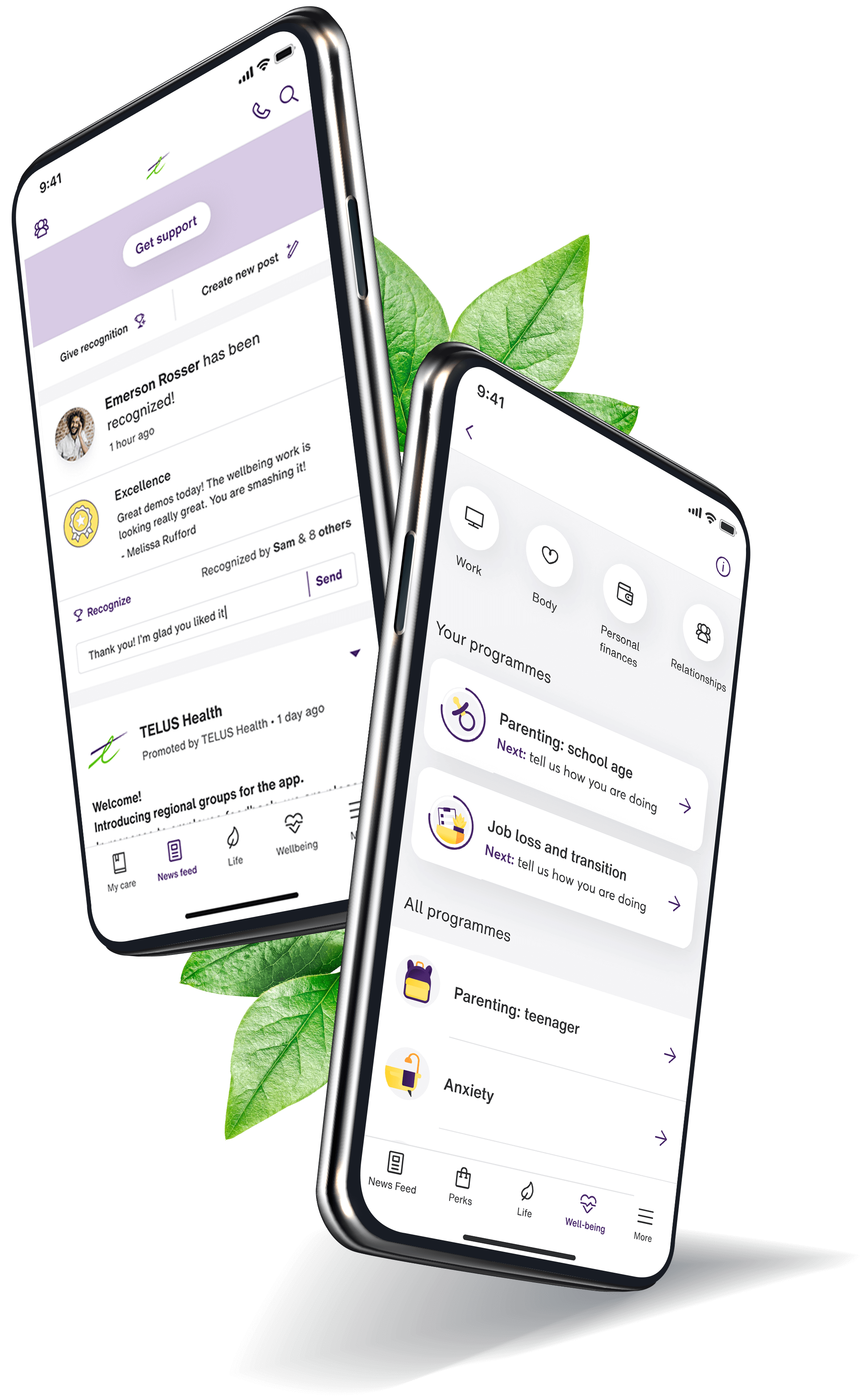How to reduce your eco-anxiety
Eco-anxiety is the stress caused by fears about climate change, plastic waste, animal extinction, and related issues. The American Psychological Association first defined eco-anxiety as, “a chronic fear of environmental doom.” This stress has been reported all over the world as people see news about global warming, endangered animals, and pollution.
Eco-anxiety can produce feelings of worry, guilt, and helplessness. Here are some ways to reduce its impact.
Look for good news stories. There are plenty of bad news stories but it’s worth remembering that media outlets often report on negative news as it’s more likely to generate attention. However, there are good news stories out there too. From scientific advances, to countries making strides towards carbon neutrality (when carbon dioxide released into the atmosphere is balanced by offsetting carbon dioxide emissions in other ways), to community action—there are large- and small-scale improvements being made all the time.
Find others who care. Part of the difficulty of experiencing eco-anxiety is the feeling that you’re in a minority of people who feel the same way. Reach out to friends and online communities to talk about how you’re feeling and you’ll probably find that there are lots of others who share your concerns.
Take action. Remember that you are not powerless. There are many steps you can take to lower your own carbon impact, reduce your consumption, and decrease your personal waste creation.
Beyond that, you can write to your elected officials, volunteer for an environmental organisation, join a political party whose values align with yours, donate to or fundraise for causes you believe in, join in demonstrations, sign petitions, and raise awareness in your network. It may be important to incorporate these one at a time so that you don’t get overwhelmed by too many new items on your “to-do” list.
Demonstrate positive changes to others. If you’d like to encourage the people in your life, you can gently help them take more action by talking about the choices you’re making in your life. Avoid becoming confrontational, but simply share ways that you’re trying to do your part. This may inspire someone who didn’t realise that contributing to change was possible.
Spend time in nature. If you live in a big city, you may feel disconnected from nature. Spending some time outdoors at a park, beach, walking route, or lake has widely documented benefits for mental health. It will also renew your commitment to protecting nature.
Cultivate an optimistic mindset. It’s easy to feel like bad outcomes are inevitable and to succumb to a “doom and gloom” narrative. However, if you work at cultivating an optimistic mindset, you will be more inclined to believe that positive outcomes are possible.
Don’t beat yourself up. No one can solve the climate crisis alone. If you make a mistake, like putting something in the wrong recycling bin, or do something you think will have a high carbon impact like taking a flight, give yourself a little bit of grace knowing that you are trying to make a difference in other areas of your life.
Speak to a caring counsellor. Talking your feelings out is always a good idea. A qualified counsellor will be able to help you understand and manage your emotions instead of having them overwhelm you. Contact your assistance programme to speak to a counsellor if you’re feeling that eco-anxiety is having a negative impact on your daily life.


